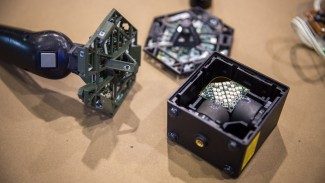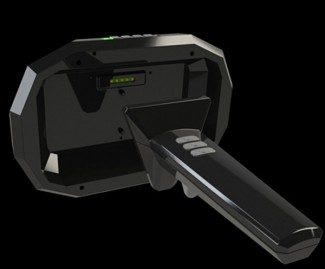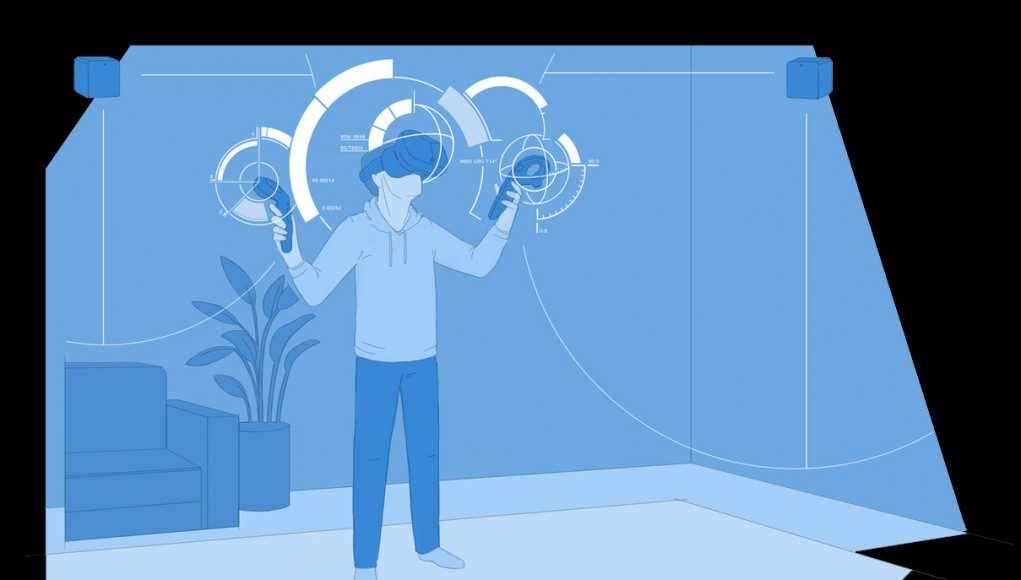Valve today announced that it will provide royalty-free licensing to third parties interested in using the SteamVR ‘Lighthouse’ tracking technology to create new tracked objects like VR controllers and other peripherals.
Lighthouse is Valve’s system that provides the ‘room-scale’ tracking capabilities of the HTC Vive and it’s motion controllers. More than a year ago, the company said they planned to expose the inner-workings of the system and allow third-parties to create compatible peripherals.

Today the company finally revealed just how that will work: a royalty-free license to use the technology to create third-party products that interoperate with the Lighthouse system. Licensees will need to pay $2,975 to attend a training course, but other than that, there’s no licensing fees or royalties for using the tech, Valve says.
Companies like Tactical Haptics and StrikerVR have been waiting for Valve and Oculus to license their tracking technology. Valve’s announcement today makes it the first to do so.
Valve is opening the Lighthouse tracking tech for companies to create tracked objects and peripherals, but for now they’re not allowing the creation of third-party basestations, the little boxes that emit lasers which are essential to making the tracking work. The company explains why in an FAQ about the tracking licensing:
For now we need to make sure that there is complete compatibility among base stations and tracked devices. Longer term, we do want the hardware community to help us evolve base station design and to help innovate in that area, but given our own limited bandwidth we need to push that collaboration out to some future date.
And further specifies that, so long as the license is followed, companies don’t need Valve’s permission to sell a Lighthouse-enabled product.
Yes, you can sell your own products wherever you want. No, you don’t need Valve’s review and approval to ship your product, but you do need to comply with the license to be able to use our technology, brands, names, or trademarks.
 Valve will be providing a Lighthouse ‘Licensee Dev Kit’ to companies who apply to use the technology. It includes:
Valve will be providing a Lighthouse ‘Licensee Dev Kit’ to companies who apply to use the technology. It includes:
- A modular reference tracked object suitable for attaching to prototype HMDs or other devices
- Full complement of EVM circuit boards to enable rapid prototyping of your own tracked object
- 40 individual sensors for building your own tracked object
- Accessories to enable custom prototypes
Tools
- Software toolkit to assist with optimal sensor placement
- Calibration tools for prototyping and manufacturing
Documentation
- Schematics and layouts for all electronic components
- Mechanical designs for the reference tracked object and accessories
- Datasheets for the sensor ASICs
Hopefully the move will mean the possibility of an ecosystem of peripherals, and even Lighthouse-tracked VR headsets, giving users choice among headsets and among more specialized controllers/accessories, like guns, swords, wheels and more.







